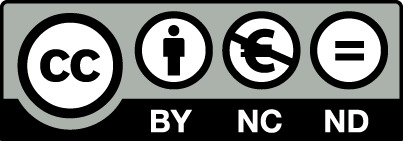DIGITALIZATION AND COVID-19 IN THE JUSTICE SECTOR
JAKUB ZEMAN
https://doi.org/10.53465/EDAMBA.2021.9788022549301.560-570
Abstract: The digitization of society has significantly changed the tools that society uses in all aspects of life. One of them is the judiciary sector, where it has moved significantly from emails to video conferencing or from electronic files to blockchain. On the one hand, COVID-19 demonstrated possible improvements and led to the streamlining of activities in the judiciary, but on the other hand, it also showed significant differences between countries in their digitization progress. One of the recommended solutions to improve digital services is to increase the budget. Our correlation between the results of the ICT development index in courts and the percentage of ICT expenditure in courts shows that this factor is not sufficient. At the same time, it turns out that although the justice department is a subset of public administration and e-justice is a part of egovernment, there is no visible relation between them in the results of the various indices. A prerequisite for the implementation of e-justice is not only expenses for ICT, but also user education, i.e., court staff, which are complementary to each other. Ensuring the availability and fairness of the justice administration is an important factor in the rule of law that affects the perception of the country among investors.
Keywords: e-justice, COVID-19, digitalization, ICT, e-government
JEL classification: K40, D80, H41
Fulltext: PDF
Online publication date: 12 May 2022
To cite this article (APA style):
Zeman, J. (2022). Digitalization and COVID-19 in the Justice Sector. Proceedings from the EDAMBA 2021 conference, 560 – 570. https://doi.org/10.53465/EDAMBA.2021.9788022549301.560-570
License:

This work is licensed under a Creative Commons Attribution-NonCommercial-NoDerivatives 4.0 International License.